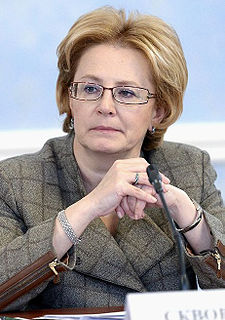A Quote by Urjit Patel
Large credit guarantees also impede optimal allocation of financial resources and increase moral hazard.
Related Quotes
The court has had to take a hard look at our resources and make difficult decisions balancing competing demands for resources. While our current allocation of resources to the Twin Peaks Court may not be ideal, it is an appropriate allocation when all factors are considered. While I realize this will be disappointing news to you, I can assure you the matter was given serious thought before a decision was made.
A rentier is an investor whose relationship to a company or enterprise is strictly limited to the ownership of financial wealth (such as stocks or bonds) and the receipt of income on that wealth (such as dividends or interest). The financial system performs dismally at its advertised task, that of efficiently directing society's savings towards their optimal investment pursuits. The system is stupefyingly expensive, gives terrible signals for the allocation of capital, and has surprisingly little to do with real investment.
During the current period of health care development in our country, improvement of the management quality is becoming increasingly important. This is due to many processes, including new ones, such as increase in the number of financial resources used to implement the state guarantees program, the need for more efficient spending of funds, rearrangement of cash flows, single-channel financing
The goal of socialism is a fairer allocation of economic resources, which its advocates often claim will also be a less wasteful one. Socialism is about who gets the goods and how. Socialism objects to markets because markets allocate resources in ways socialists believe to be unfair on both counts: both the who and the how.





































